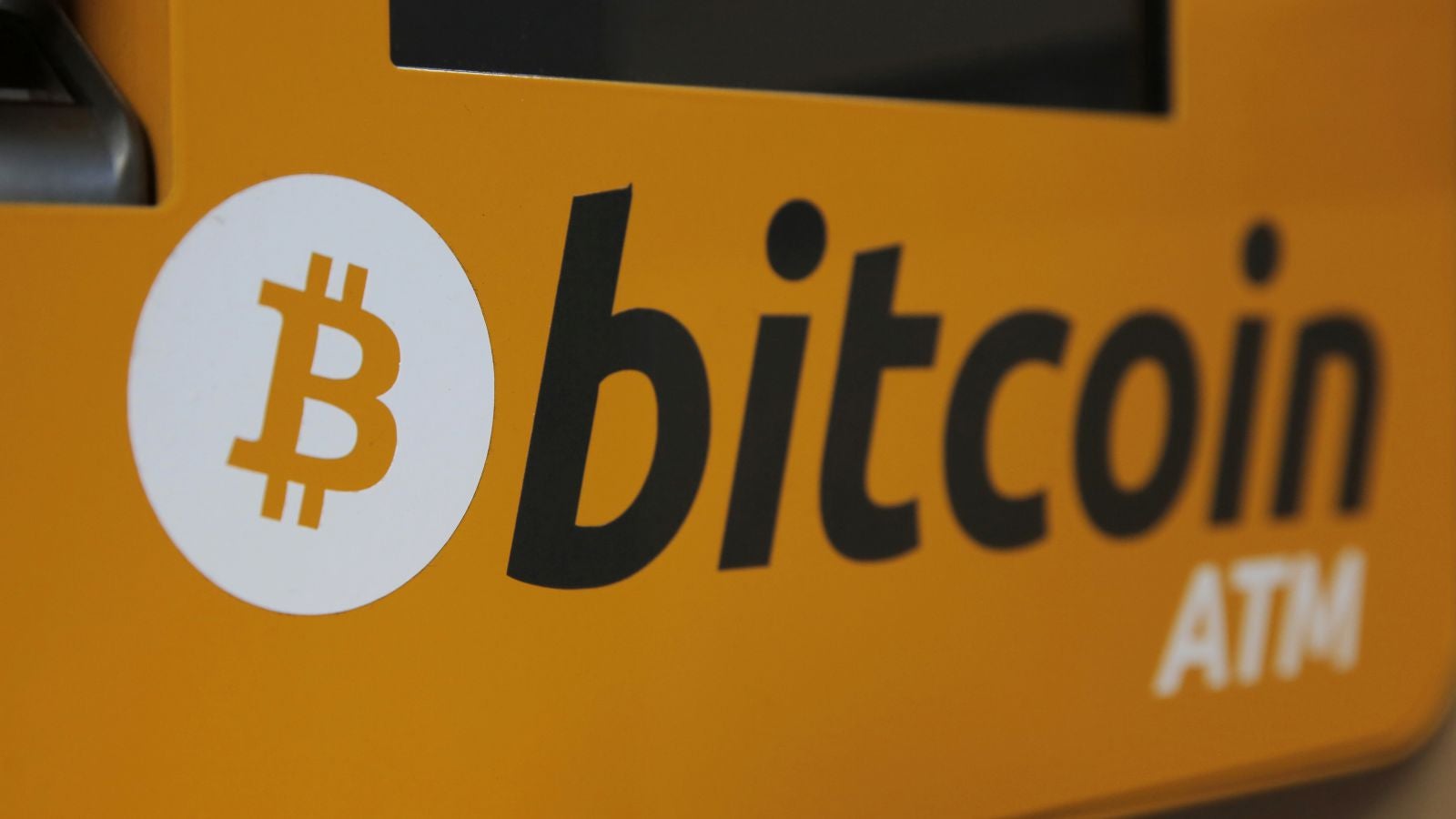India gets its first cryptocurrency ATM amidst the central bank’s crackdown
A new ATM in Bengaluru’s Kemp Fort Mall has become the latest face of the stand-off between India’s crypto-community and its banking regulator.


A new ATM in Bengaluru’s Kemp Fort Mall has become the latest face of the stand-off between India’s crypto-community and its banking regulator.
The cryptocurrency ATM, India’s first, was launched by the virtual currency exchange Unocoin on Oct. 14. Meant exclusively for Unocoin customers, this ATM can be used to deposit or withdraw money, which can then be used to buy cryptocurrencies from Unocoin’s website or mobile app.
This week, the exchange plans to put up one such ATM machine each in Mumbai and New Delhi.
The introduction of virtual currency ATMs comes amidst turbulence in the country’s cryptocurrency ecosystem, involving legal battles, low volumes, and tighter regulations.
For Unocoin, however, these machines are a way to circumvent the Reserve Bank of India’s (RBI) crackdown. It says its ATMs have nothing to do with India’s banking system and, hence, do not violate any RBI norms.
In July, the RBI had stopped lenders from maintaining any business relationship with virtual currency exchanges and traders. Consequently, business at crypto exchanges has taken a severe beating.
“The RBI has imposed a ban on banks, regarding money-related transactions, so our customers are not able to buy easily or the ones who have it (bitcoin and its elk) are unable to withdraw their money,” Sathvik Vishwanath, co-founder and CEO of Unocoin, told Quartz.
Since July, the bourses had shifted to peer-to-peer and crypto-to-crypto trade to do away with currency deposits or withdrawals for digital currency transactions on the exchanges. However, business has not been the same.
“Therefore, we have come up with this solution to fill the gap caused by the central bank’s ban because right now cash-in and cash-out facility is not available,” Vishwanath said.
How does it work?
These ATMs will able to able to play the role that was earlier being taken care of by banks, believes Unocoin.
Once a customer visits the ATM, he will have to validate his user ID and then key in a one-time-password sent to his registered mobile number. He can then deposit money, and the updated balance in the Unocoin account will be displayed. To purchase cryptocurrencies, the user will then have to use Unocoin’s website or mobile application. The process for withdrawals is similar.
Amounts between Rs1,000 ($13.55), and Rs10,000 can be deposited or withdrawn.
The Unocoin ATM is slightly different from virtual-currency ATMs present globally. The latter allow users to buy bitcoin or any other digital currency through the machine itself, after money has been deposited, explained Vishwanath. However, in the case of Unocoin, it only adds the balance to the user’s account and the final purchase needs to be completed on the website or the app.
There are reportedly around 3,879 cryptocurrency ATMs operating in 76 countries.
In India, Unocoin is targeting malls and other locations that have higher footfalls to set up more ATMs. “At present, the volume (of transactions) has become one-tenth of what it used to be (before the RBI crackdown). We believe that after we have deployed it in many other cities and it becomes popular then demand should come back,” said Vishwanath. At its peak, in November 2017, Unocoin had added nearly one-sixth of its customer base (200,000) in just a month. Now, it has nearly 1.3 million users.
RBI tangle
In a blog posted in January 2018, Unocoin had explained that, according to RBI norms, non-banking entities, including cryptocurrency exchanges, are forbidden from setting up or operating ATMs.
“In India, though there are no clear laws governing virtual currencies, RBI guidelines debar non-bank entities from setting up ATMs. They are forbidden from issuing prepaid virtual currency cards. These rules effectively close the door on BTMs (bitcoin ATMs) being set up in India,” it had said in its post explaining how bitcoin ATMs work.
However, Unocoin maintains that its machines do not violate RBI norms, which only prohibit non-banking entities from setting up ATMs for banking operations. “Our ATMs do not need a banking network or relationship to work. They just work as the cash deposit and dispensing alternative for Unocoin customers,” said Vishwanath. He refused to explain how the cash management system will work for these ATMs, considering the money collected can not be deposited in banks in the accounts under Unocoin’s name.
An email sent to the RBI on the matter remained unanswered.
Meanwhile, the central bank and the cryptocurrency exchanges are engaged in a legal battle which has been in its final lap in the country’s top court since September 2018. On the other hand, a government-appointed committee is chalking out draft regulations on virtual currencies which are likely by the end of this year.
Want to read more from Nupur Anand? Subscribe to Quartz Private Key—Quartz’s premium crypto newsletter, delivered twice weekly.